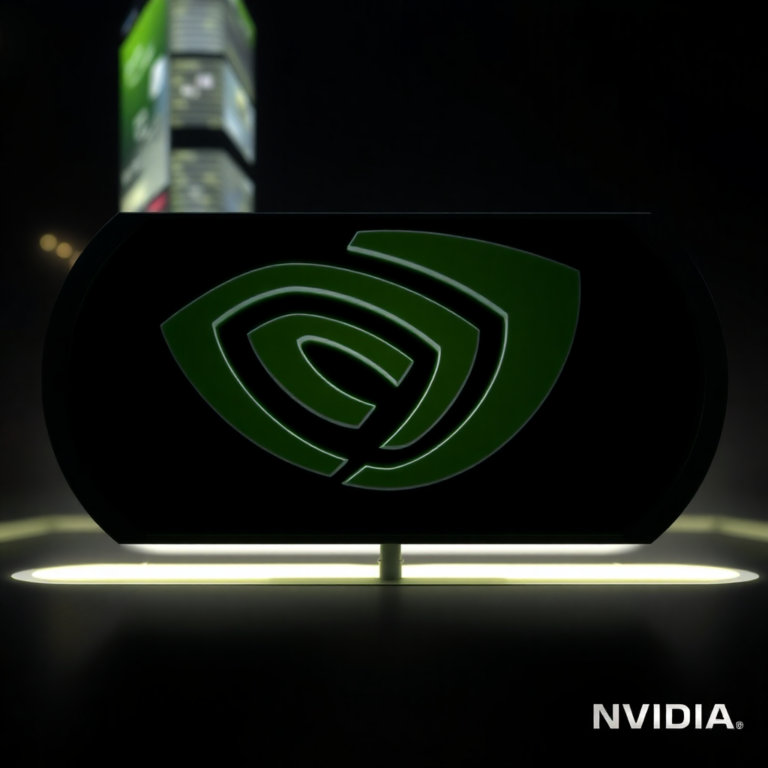In a surprising move, Sony recently announced the shutdown of Concord, its highly anticipated live-service game, and the closure of Firewalk Studios, the developers behind the project. Only weeks after the game’s launch, the decision raises questions about Sony’s approach to multiplayer games and its future in the live-service market. This article dives deep into why Concord didn’t succeed, what this means for Sony’s strategy, and how it could shape the direction of PlayStation.
Background on Firewalk Studios and Concord’s Ambition
Sony acquired Firewalk Studios in 2023, hoping to bolster its presence in the live-service market. Firewalk, founded by experienced developers from Bungie and Activision, was tasked with developing Concord, a first-person hero shooter intended to capture a slice of the competitive multiplayer space dominated by Fortnite, Apex Legends, and Destiny 2. Expectations were high, with Concord anticipated as Sony’s answer to other popular titles in the genre.
Yet, Concord faced significant obstacles upon release. Early reports indicate that the game sold only 25,000 copies, well below expectations. This lack of traction prompted Sony to shut down the game and dissolve Firewalk Studios entirely, redirecting some of its developers to other roles within Sony Interactive Entertainment (SIE).

Why Did Sony Shut Down Concord and Firewalk Studios?
The closure of Concord highlights several core challenges that Sony encountered:
1. Intense Competition and Market Saturation
Concord launched into an already crowded live-service game market, which includes long-standing, highly popular games that continue to attract millions of players. Entering a saturated space required not only an innovative gameplay experience but also strong community engagement and brand differentiation. Despite its strong production values, Concord struggled to establish a unique identity and attract the critical mass of players necessary for a live-service game to thrive.
2. Financial Strain and High Development Costs
Developing a live-service game involves high upfront costs and ongoing investments in content updates, server maintenance, and marketing. Reports estimate that Concord’s development cost Sony between $100 million and $300 million, making it a considerable financial commitment. With initial sales numbers failing to justify these costs, Sony’s decision to shut down the game represents a strategic move to mitigate further financial loss.
3. Limited Early Player Engagement
For a live-service game to succeed, player engagement and retention are crucial from the outset. Concord’s early player metrics were reportedly low, signaling that it lacked the community support necessary to sustain its live-service model. In the world of live-service games, where new content must be rolled out continuously, Sony’s swift response indicates it had limited confidence in Concord’s long-term viability.
4. The Sony Brand and PlayStation’s Core Strengths
Sony’s reputation has long been built around high-quality, single-player experiences, from The Last of Us to Spider-Man. Although venturing into live-service gaming represents an opportunity to diversify, Concord’s failure suggests that balancing Sony’s legacy strengths with multiplayer offerings may require a more cautious approach.
The Future of Live-Service Gaming for Sony PlayStation
Sony’s live-service aspirations are far from over. The company has invested heavily in studios like Bungie, a team well-versed in the intricacies of live-service gaming through its work on Destiny 2. Sony’s intent to leverage Bungie’s expertise hints that it plans to refine its approach, taking a more calculated and community-driven strategy for its upcoming live-service titles.
Sony has other live-service games in development, including Fairgame$ from Haven Studios and Marathon, a revival from Bungie. Moving forward, Sony can apply key lessons from Concord’s short lifespan to ensure better outcomes for these upcoming releases.
Lessons Sony Can Take from Concord’s Closure
- Prioritizing Pre-Launch Community Engagement and Testing
Early player feedback is crucial for identifying potential issues before full release. By investing more in beta testing, community feedback, and player retention strategies, Sony could create a stronger foundation for future live-service games. This proactive approach can help build an engaged player base and gather insights on balancing gameplay elements and monetization. - Balancing Core PlayStation Strengths with New Ventures
Sony’s dominance in single-player, story-driven titles has been a major asset. The company might focus on live-service games that complement rather than compete with these strengths, thus creating a balanced portfolio that caters to both multiplayer and single-player audiences. - Strategic Partnerships and Collaboration
By working closely with Bungie, Sony has access to critical expertise in managing live-service games, which will likely play a key role in refining its future offerings. Bungie’s experience in engaging communities and managing large-scale content releases can provide Sony with a blueprint for creating successful live-service games that resonate with players long-term.

Industry Implications of Concord’s Closure
Sony’s decision to pull the plug on Concord reflects broader trends in the gaming industry. As major developers navigate the complexities of live-service models, the stakes have become higher, and the risks of financial loss are more pronounced. The rapid shutdown of Concord serves as a reminder that live-service games are far from guaranteed successes and require a deep understanding of player preferences, community management, and content cadence.
The failure of Concord also underscores that adopting a live-service model does not ensure profitability. Other companies, such as Ubisoft and EA, have encountered similar challenges with high-profile live-service games, and Sony’s experience suggests that even established developers must approach this model with caution.
Community and Developer Reactions to the Shutdown
The shutdown of Concord has drawn reactions from fans, developers, and industry analysts alike. For the gaming community, the closure represents a lost opportunity for a new multiplayer experience on PlayStation. Many fans expressed disappointment, especially as PlayStation gamers have had limited exclusive multiplayer titles compared to competitors.
For developers within Firewalk Studios, the closure marks an end to their ambitious project. Sony has confirmed that it will attempt to reassign some employees to other roles within the PlayStation Studios ecosystem. However, specifics about job placements and the number of affected employees remain undisclosed.
Closing Thoughts: What’s Next for Sony PlayStation?
Sony’s decision to end Concord and dissolve Firewalk Studios is a significant moment for PlayStation. While this rapid shutdown may seem like a setback, it also reflects Sony’s commitment to financial prudence and the adaptability required in today’s gaming landscape. By learning from Concord and working with studios like Bungie, Sony has an opportunity to refine its live-service strategy and ensure that future multiplayer offerings align with player expectations and market demands.
As Sony continues to balance its traditional single-player strengths with new multiplayer ambitions, fans can look forward to a more calculated approach in future releases. With key live-service titles still in development, Sony appears poised to apply the insights gained from Concord’s short-lived experience, creating a foundation for more successful ventures in the future.
Visit our other website:pipwr.com












